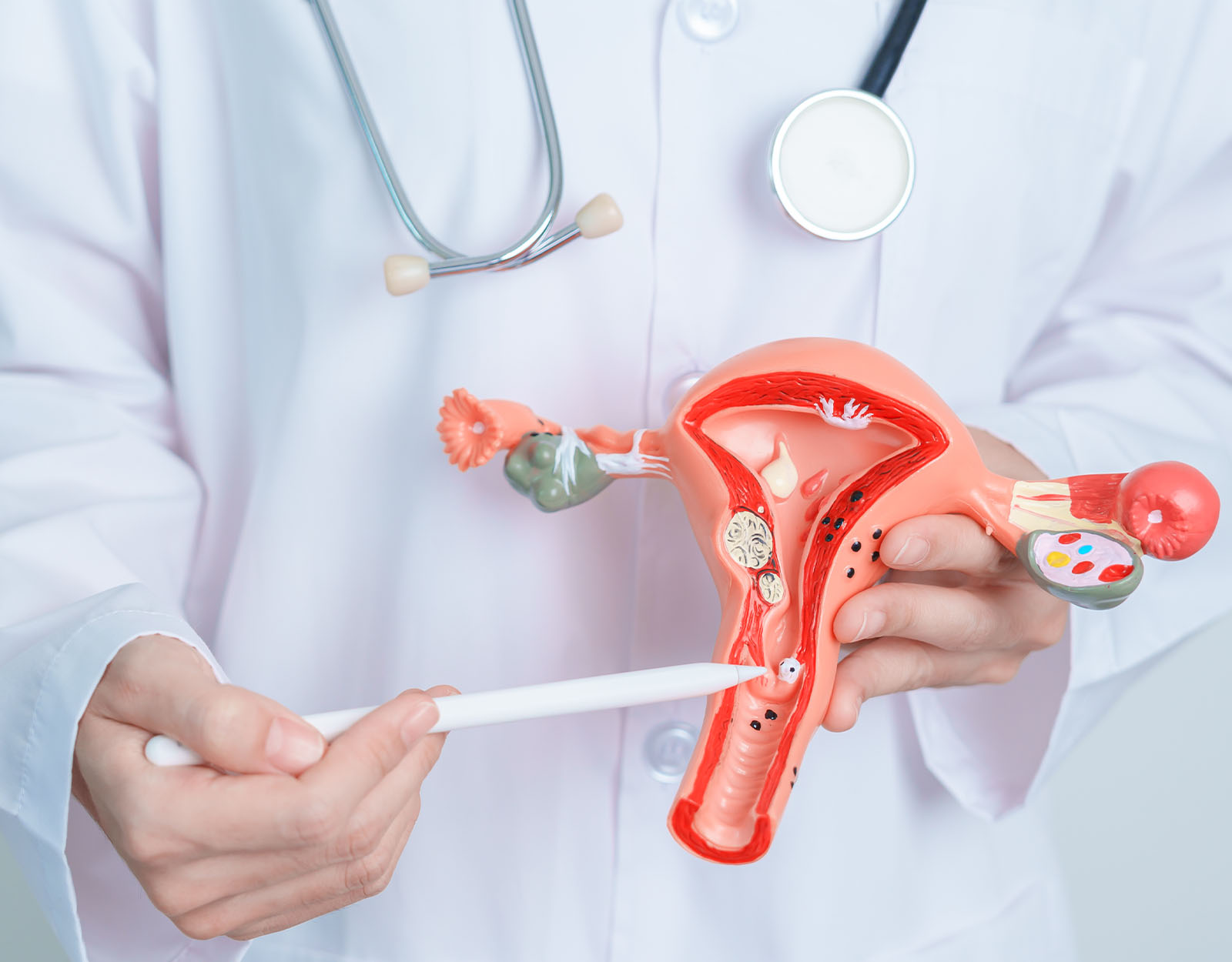A New Study on Endometriosis Shines Hope for Infertility
When Endometriosis is one of the leading causes of infertility, this study shines hope that it may no longer be one.
When women suffer painful periods, we usually take a painkiller and then soldier it out for the rest of the day, dismissing it as dysmenorrhea. But that’s not always the case; some women and even moms only find out much, much later that they may have Endometriosis. 1 out of 10 women in the Philippines, according to The Perpetual Help Medical Center, have Endometriosis which in the long run, causes infertility and a lot of pelvic pain.
But a study has shone more light on the disease. Endometriosis may be caused by bacteria! Here’s what we know so far!

What is Endometriosis?
Endometriosis may sometimes look like Dysmenorrhea but it’s different in cause. While Dysmenorrhea or the infamous period cramps are caused by uterus muscles contracting, Endometriosis happens when the lining normally found in the uterus forms elsewhere but the uterus. Doctors would often call these “endometriosis lesions” and they form in different places, leading to a variety of symptoms such as:
- Excessive and heavy bleeding
- Excruciatingly painful period cramps (not even painkillers can make it go away)
- Blood in urine
- Infertility (in the long run)
A lot of women spend their whole lives thinking that infertility is a fact that they have to accept. But many times, some women discover that Endometriosis causes their infertility. However, there’s a new study proposing that Endometriosis is properly treatable!
Where did this study about Endometriosis come from?
Five years ago, a study from the Department of Obstetrics and Gynecology in Kyoto, Japan proposed that Endometriosis may be caused by bacterial infections. Their study revealed women with Endometriosis had high Eschera Coli bacteria along with other microbes present in their menstrual blood. They also revealed certain treatments such as the traditional treatment with GnRHa (Gonadotropin-releasing hormone agonist) may have made the Endometriosis worse.
But in 2023, Nagoya University Hospital discovered that 64% of women with Endometriosis have a large amount of Fusobacterium Nucleatum in their lesions. Fusobacteria commonly appears in the GI tract, mouth, and female genital area. But certain strains can cause infections like gingivitis, tonsilitis, and other inflammatory diseases. And when these women were treated for Fusobacterium infection, their conditions improved. They first tested it on mice but are now conducting clinical human trials.

Treating one of the root causes of infertility
Endometriosis can dash the hopes of many women who aspire to be moms. Even with a variety of treatments such as IVF, hormone treatments, and lifestyle changes, there’s still no proven treatment that can address the infertility that Endometriosis causes completely. But with the possibility of Endometriosis being bacterial in nature, there’s light at the end of the tunnel that women with Endometriosis can be cured. Aspiring moms will no longer have their hearts broken by negative pregnancy tests.
It also reduces the load financially. Hormone treatments are still not widely accepted here in the Philippines. Many of these pills cost at least PHP 1,000 per blanket. Surgery for Endometriosis is at least PHP60,000 ~ PHP 220,000 in private hospitals.
It’s young but a promising study!
Unfortunately, the study of Endometriosis being bacterial in nature is still a young field. But it is a promising one, with the main issue of the studies having “too small sample size for conclusive results.” However, if this study is proven true, it doesn’t just solve infertility. But it also helps streamline treatment for the crippling pain that many women suffer every time they have their monthly period.
References
Campos, G. B., Marques, L. M., Rezende, I. S., Barbosa, M. S., Abrão, M. S., & Timenetsky, J. (2018). Mycoplasma genitalium can modulate the local immune response in patients with endometriosis. Fertility and sterility, 109(3), 549-560.
Khan, K. N., Fujishita, A., Hiraki, K., Kitajima, M., Nakashima, M., Fushiki, S., & Kitawaki, J. (2018). Bacterial contamination hypothesis: a new concept in endometriosis. Reproductive medicine and biology, 17(2), 125-133.
Kobayashi, H., Higashiura, Y., Shigetomi, H., & Kajihara, H. (2014). Pathogenesis of endometriosis: the role of initial infection and subsequent sterile inflammation. Molecular medicine reports, 9(1), 9-15.
Koninckx, P. R., Ussia, A., Tahlak, M., Adamyan, L., Wattiez, A., Martin, D. C., & Gomel, V. (2019). Infection as a potential cofactor in the genetic-epigenetic pathophysiology of endometriosis: a systematic review. Facts, views & vision in ObGyn, 11(3), 209.
Muraoka, A., Suzuki, M., Hamaguchi, T., Watanabe, S., Iijima, K., Murofushi, Y., … & Kondo, Y. (2023). Fusobacterium infection facilitates the development of endometriosis through the phenotypic transition of endometrial fibroblasts. Science Translational Medicine, 15(700), eadd1531.
More about science and studies?
New Study Helps Spot Babies at Risk for Sudden Infant Death Syndrome
These BTS ASMR videos could help your teens study
How To Approach Mental Health with Kids





